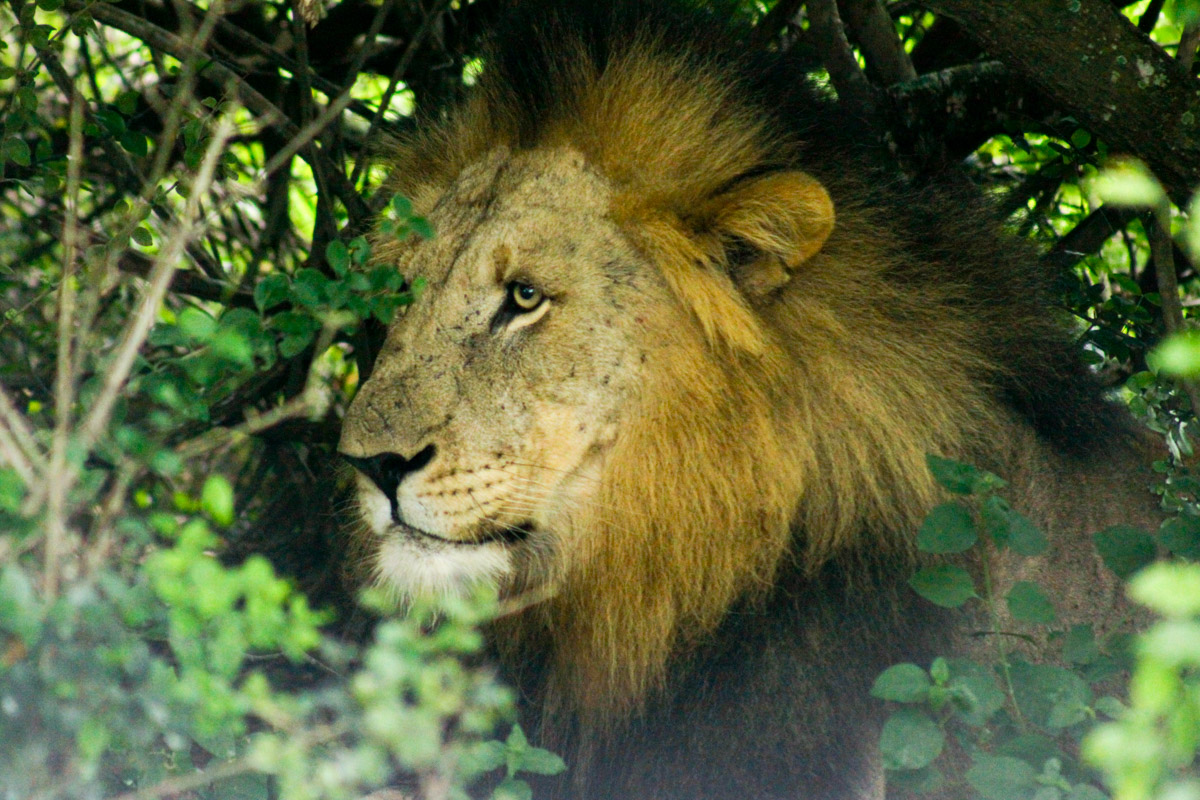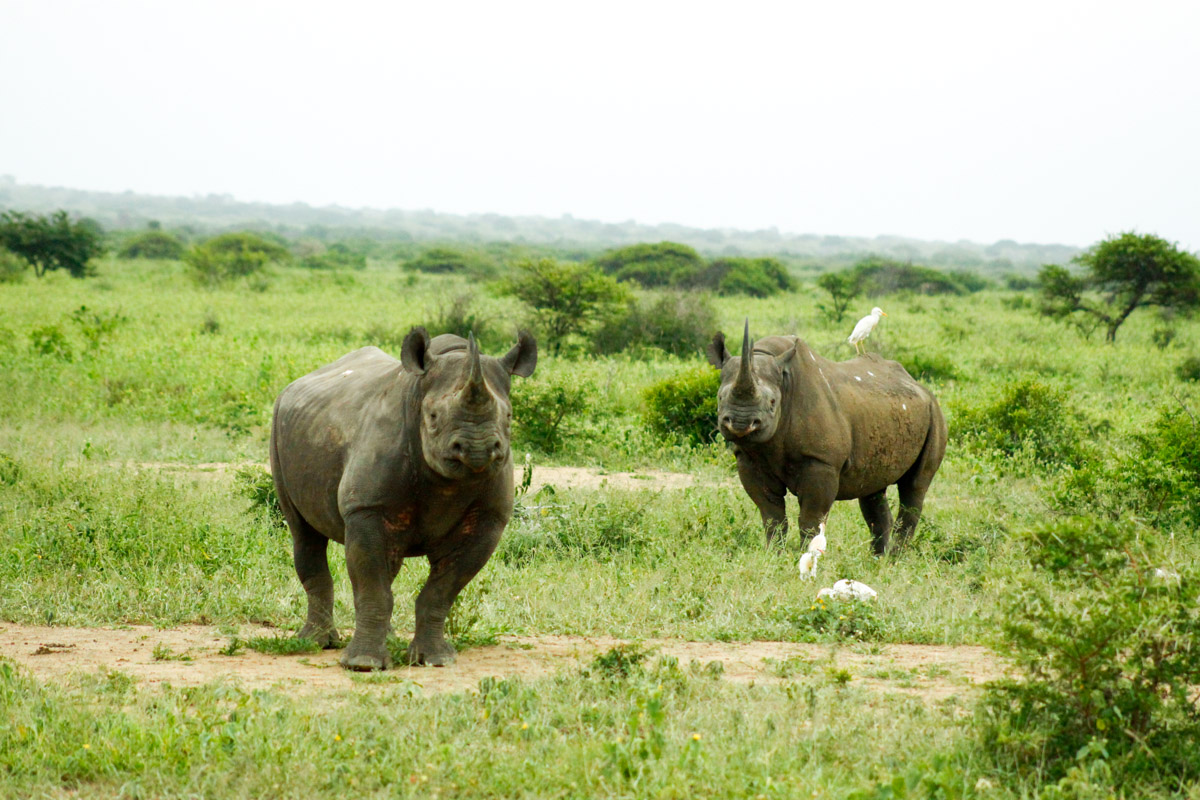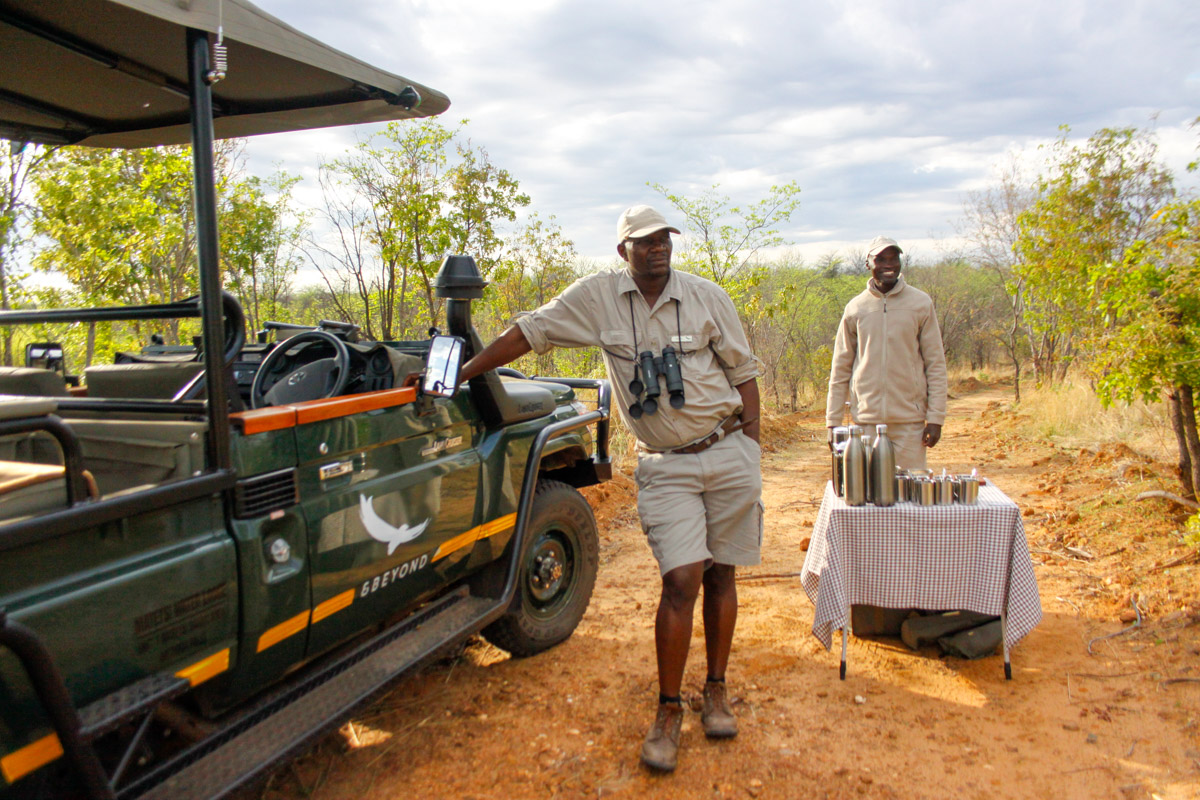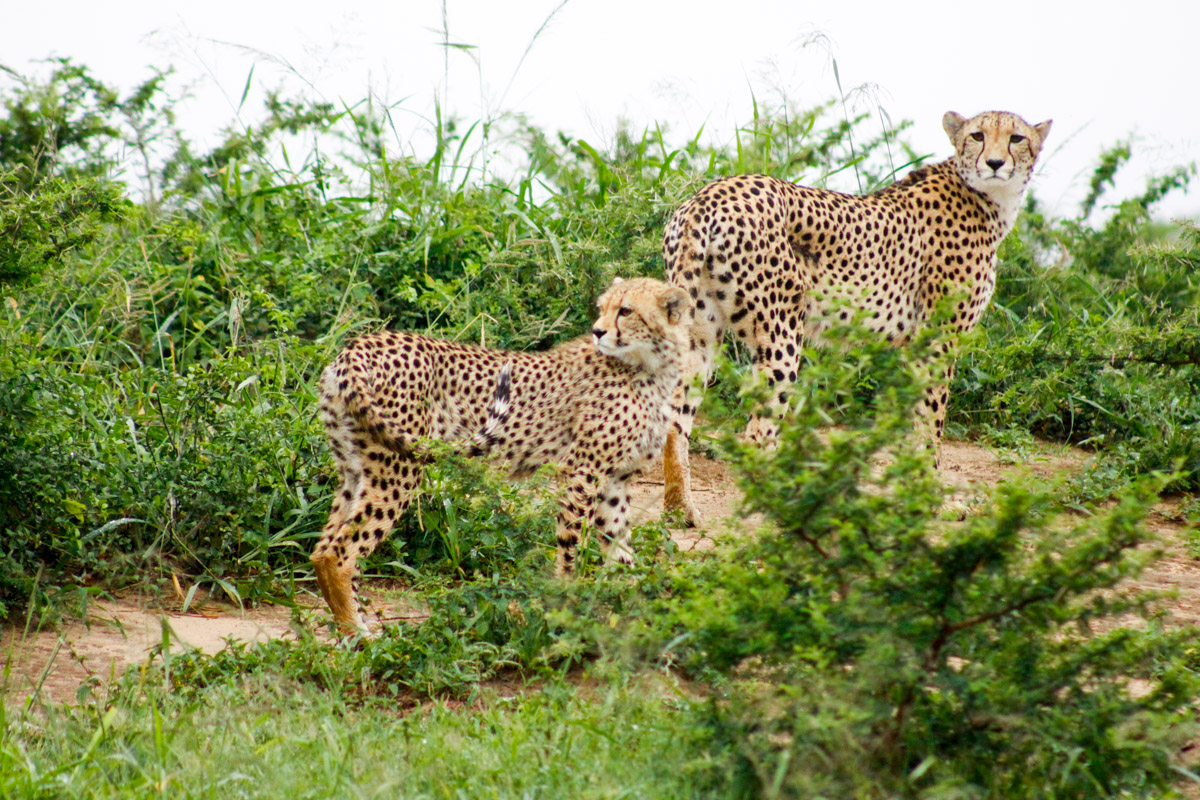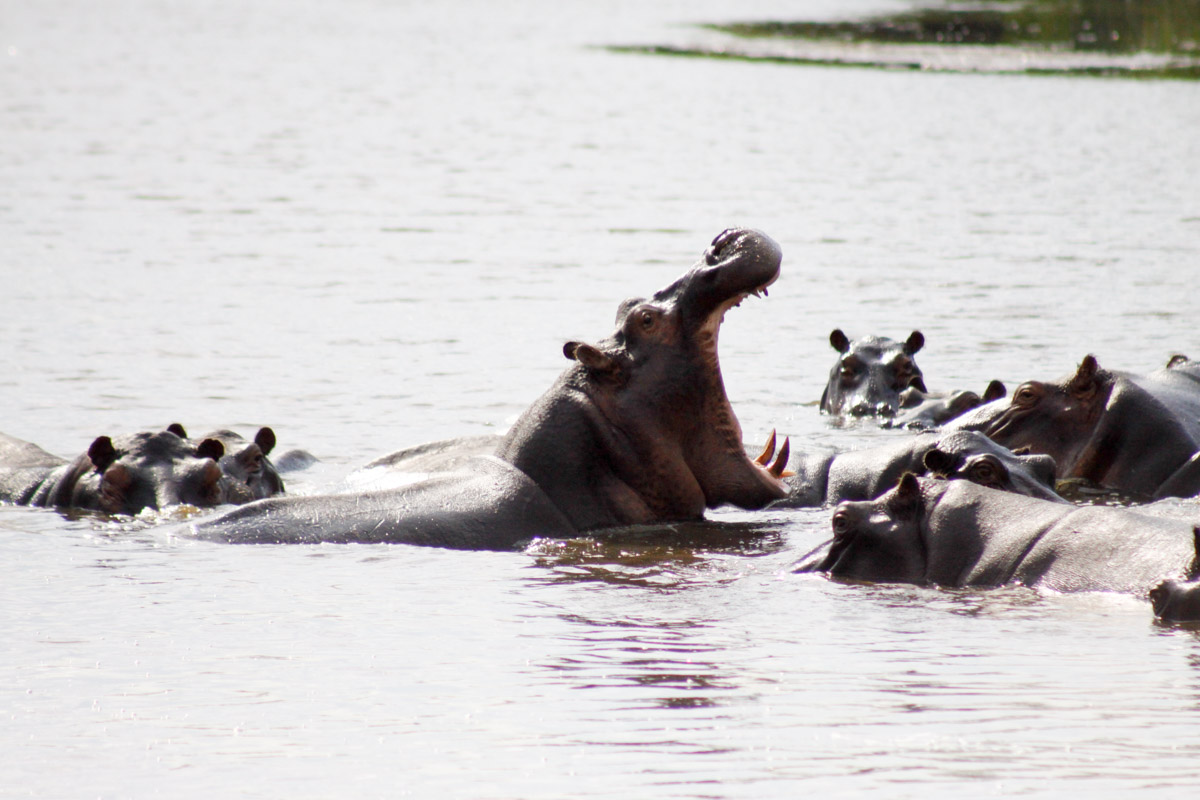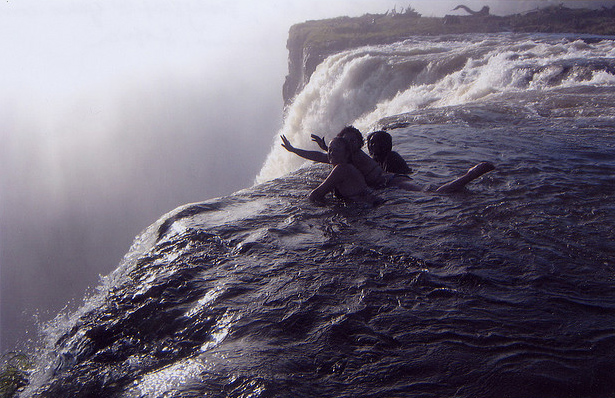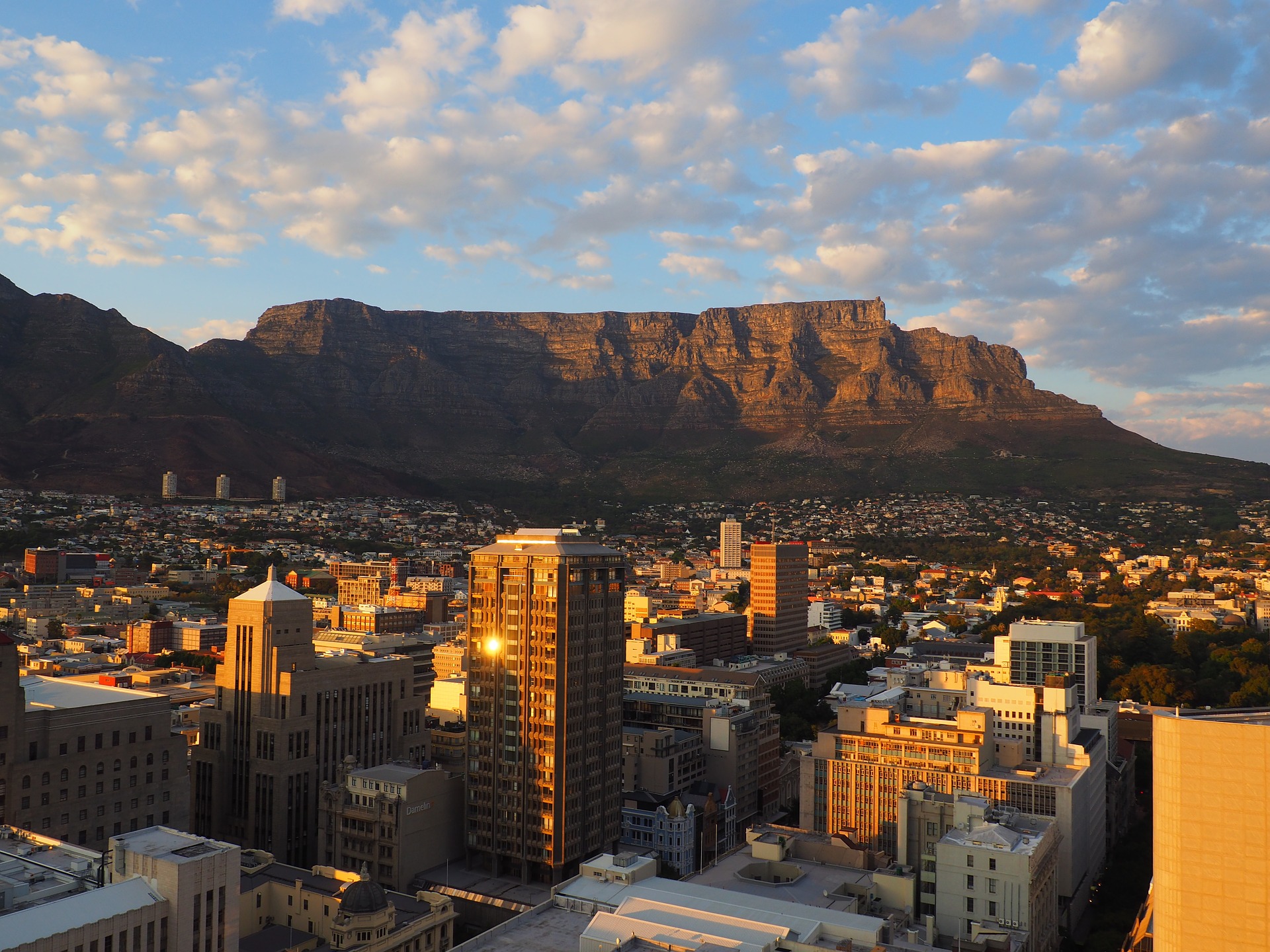South Africa. The cradle of humanity. Home to some of the world's most iconic wild spaces. Timeless, yet changing rapidly, among other mysteries, and beautiful and challenging contradictions. South Africa is an epic story still in progress. Listen in.
Can Tourism Save The Rhino?
In his recent Globe and Mail piece below, travel and culture journalist Drew Gough kicks off our show with a nuanced look at one experience of a big game safari.
“It’s okay—come closer. They won’t hurt us. They’re curious about you.”
It’s near dusk in the Phinda Private Game Reserve, a few miles from South Africa’s northeastern coast in KwaZulu-Natal province. The late-afternoon drizzle has let up slightly, and the soft light and gently humming insects fill this clearing in the forest with a false calm—punctured regularly by the eight 5,000-pound white rhinoceroses stomping around nearby. Read the full article.
From The Divine Destination Collection
Allison Frame of The Divine Destination Collection shares TDDC'S experience of South Africa's incredible diversity—from the natural splendour of Cape Town to the wineries in Stellenbosch or a Big Five safari next to Kruger National Park. You know what they say about a picture. See below.
The Great South African Cookbook
From Publisher and Creative Director of Quivertree Publications Libby Doyle.
67* of South Africa’s finest cooks, chefs, gardeners, bakers, farmers, foragers and local food heroes let Quivertree Publications into their homes—and their hearts—as they shared the recipes they made for the people they love. Each recipe is accompanied by stunning original photography that captures the essence of this beautiful country. Featuring over 130 recipes, from tried and true classics to contemporary fare, The Great South African Cookbook showcases the diversity and creativity of South Africa’s vibrant, unique food culture.
* Nelson Mandela gave 67 years of his life to the struggle for human rights and social justice. The Great South African Cookbook was released in conjunction with Mandela Day in July 2016, and The Nelson Mandela Foundation received all royalties from sales of the book to develop and support community food and agricultural projects that would improve the lives of those who are in need of food and who need to be freed from poverty.



